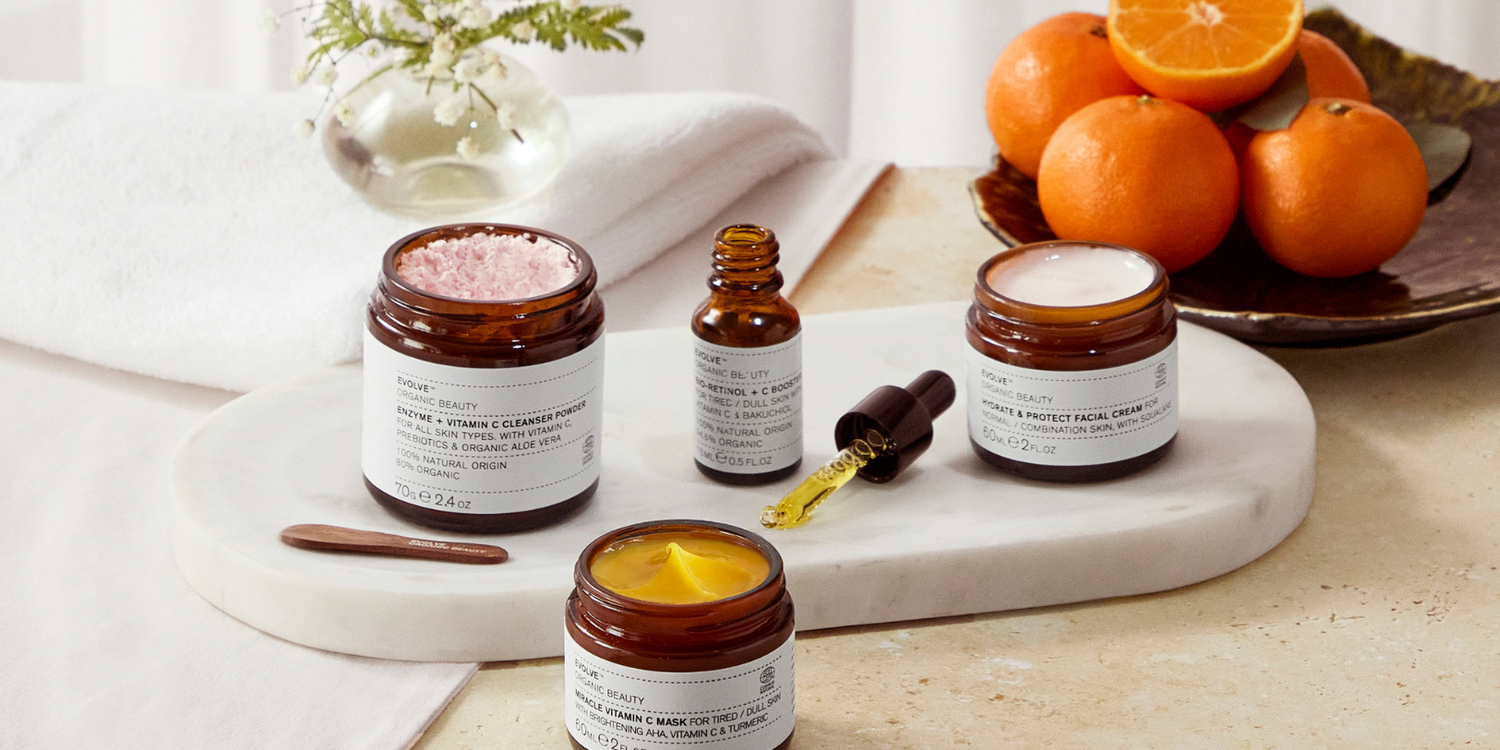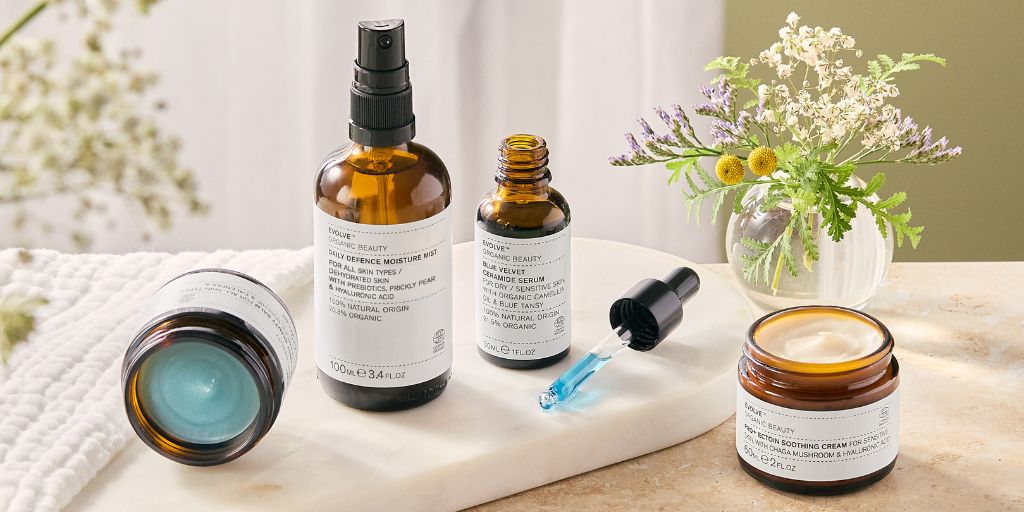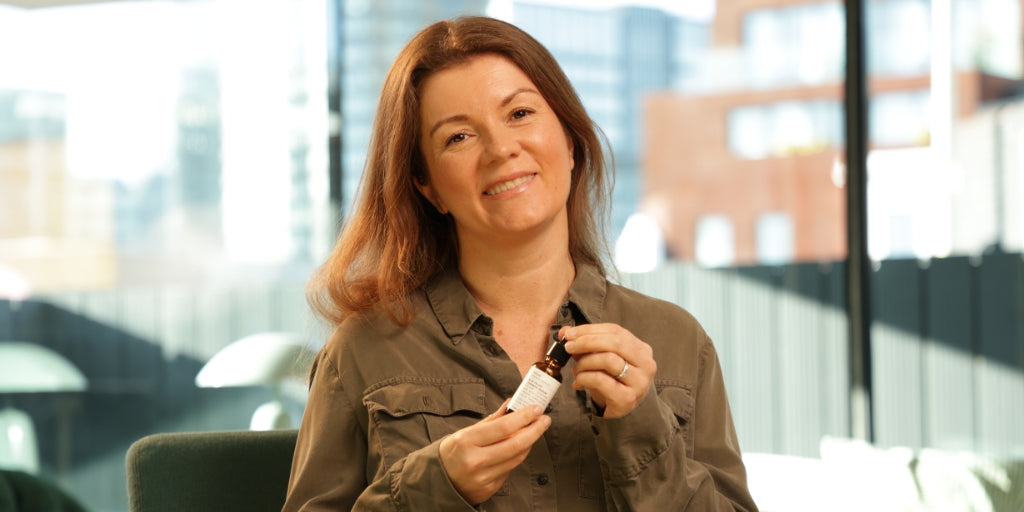What are probiotics and prebiotics?
Probiotics are strains of live bacteria and some types of yeasts shown to benefit human health. Their benefits are commonly associated with the health of our gut, though emerging research now links their influence to a whole host of human diseases. Also commonly referred to as ‘friendly’ or ‘good’ bacteria, probiotics can be found naturally in fermented foods and beverages as well as in nutritional supplements.
The human gut is home to trillions of bacteria and fungi - some of which are beneficial to our health, and others which may trigger disease. Collectively, these organisms and their genetic material are known as the ‘microbiome’ and are thought to have a direct impact on our immune system and whole body health.
In healthy individuals, a balance of ‘good’ to ‘bad’ microbes is common, but when this equilibrium is not naturally present or disturbed - through illness, poor diet or use of certain medications, for example - long term digestive or systemic health issues can arise. Taking probiotics can help to redress the balance.

Prebiotics are food our ‘friendly’ bacteria like to eat. It's only worth considering using prebiotic supplements if not enough prebiotic-rich foods are included in the diet, as they exist abundantly in our food - normally in certain carbohydrates from fibre in fruit, vegetables and certain starches. As prebiotics are found in ‘everyday’ foods such as onions, garlic, bananas, berries, greens, tomatoes, asparagus and many more, I don’t feel that supplementation is usually required.
Should I take a probiotic supplement?
Some professionals recommend taking probiotics daily on the grounds that it could help maintain a healthy immune system. However, my view is that only those with temporary and long-term digestive disturbances or chronic health problems need to consider taking probiotic supplements regularly.
People with healthy digestive systems should still be taking care of their gut bugs. Frequently ingesting a wide variety of fibre-rich plant foods is essential whether you supplement or not, as fibre consumption is known to encourage a healthy microbiome. It is also thought that including fermented foods naturally rich in probiotics such as live yoghurt, sauerkraut, pickles or kombucha may be beneficial.

There are certain situations where a normally healthy person could consider supplementation - those travelling abroad, using medications such as antibiotics, or suffering a tummy bug can benefit from a course of probiotics taken for a couple of weeks before and after. Particularly beneficial species in these cases include the probiotic yeast Saccharomyces boulardii and Lactobacillus rhamnosus GG, both of which are included in Inessa Advanced Biotic Complex along with other beneficial bacteria.
How to pick the right probiotic for you
There are many different types of probiotic bacteria, and what’s effective for one person may not be for another. Some with specific health concerns may do fantastically on a single-strain probiotic, for example, studies show that Lactobacillus rhamnosus GG can be effective in the management and prevention of eczema and allergy - particularly in children - whereas Inflammatory Bowel Disease patients may benefit more from a multi-strain product.
Select a probiotic product which includes a well-researched strain with evidence for use for your personal needs. Dosing can be important too - for those looking to relieve mild gastrointestinal symptoms, a lower dose product could be sufficient, whereas individuals with conditions such as inflammatory bowel disease may require much higher doses of live bacteria to reap the benefits.
Make sure the product you choose guarantees the dose to expiry - some products state a live bacteria count which is correct at the time of manufacture, but could be much reduced at the date of expiry.
One of the drivers for creating Inessa Advanced Biotic Complex was to minimise this issue around product confusion - it contains 7 strains of well-researched probiotics including Saccharomyces boulardii with a high dose of 50 billion live bacteria per direct release capsule, guaranteed to expiry.
Do probiotics cause side effects?
Probiotic products are deemed safe for most individuals but those who are immunocompromised or on certain types of immunosuppressant drugs may suffer adverse effects and should always check with their doctor before use.
Most people are able to take probiotics without experiencing side effects. however, individuals unaccustomed to taking live bacteria products may experience symptoms such as temporary bloating, so I recommend starting off slowly to avoid any adverse effects, by opening up the capsule and taking ¼ or ½ the contents mixed in a cold drink or yoghurt for a couple of weeks before increasing the dose. If symptoms persist or cause a lot of discomfort, stop taking the product as it may not be right for you.
Tips for taking probiotic supplements
Ideally take live bacteria products before breakfast with a cold drink. You don’t have to stick to this rule though if it’s inconvenient or you happen to forget to take them earlier in the day - you could take them with another meal and still feel benefits.
I prefer products like our own which are encapsulated in ‘direct release’ capsules as these bypass stomach acid and bile - both of which can destroy probiotics - to deliver the good bugs to your gut where they can be most effective.
Heat can damage probiotics, so always check that your product is heat stable and safe to keep at room temperature if you’re planning to do so, and in the event of a heatwave or travel to a hot country make sure you keep your product refrigerated to avoid damage to the live bacteria. For the same reason, I recommend swallowing products with cold liquids rather than hot, though there’s no need to abstain from enjoying your hot morning brew straight afterwards - it won’t adversely affect your probiotics once they’ve been swallowed.
Related Articles
If you want to find out more about how probiotics and how to decide if they are right for you then you might like these articles from the Inessa team:






